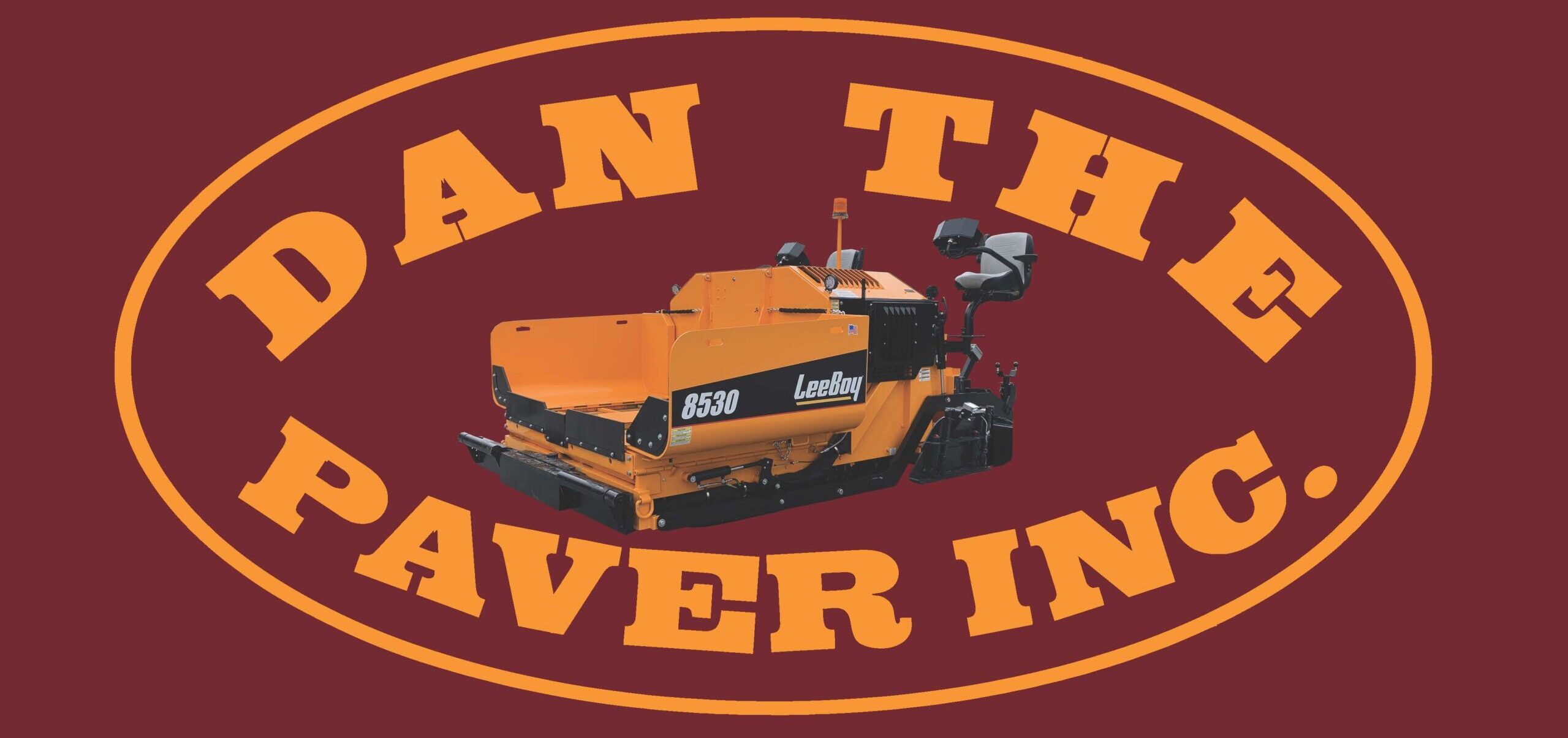Concrete driveways are standard in various neighborhoods as it offers unparalleled durability, but while it’s made to last, various elemental factors and heavy foot traffic can still subject it to wear-and-tear. If properly taken care of, concrete driveways should last as long as 30 years, though cracks, potholes, and other signs of damage can appear.
Once you notice crumbling edges, cracks, sunken areas, or faded colors, it begs the question: should you resurface, repair, or replace your concrete driveway entirely? The guide below should clue you in on the differences and which scenarios call for the best solution.
Assessing the Damage on Your Driveway
Constant traffic and exposure to the elements can put a toll on concrete no matter how much you take care of it, but the level of damage isn’t always the same. If you’re wondering whether to resurface, repair, or replace it, it’s best to take a step backwards and identify the severity of the damage by asking the following critical questions:
- How deep do the cracks go?
- Is there no way to get rid of the stain?
- Does any part of the driveway move or wobble when you walk or drive on it?
- Do you want to change its look?
The questions above should help determine your next best course of action, which are the following:
Repairing
If you think about it, all forms of damage on a concrete surface can be repaired – be it a surface-level problem, restoring a worn down decorative design, or fixing extensive, structural damages that go beyond the cracks.
You can even fix chipped edges without compromising the evenness of the surface or lowering its safety feature, though it’s often a challenging problem to repair more for aesthetic reasons.
Resurfacing
While repairing concrete driveways can be done even to a severe extent, resurfacing is best reserved for patching up small pits, holes, and shallow cracks. It can also be a more cost-effective option for those who want to add a new layer of texture to the surface, making it an excellent choice for bringing back a driveway’s luster and look.
Seeing as resurfacing can only improve appearances, it’s not a solution for more prominent, structural problems. Nonetheless, it’s a good choice for you to ramp up your home’s curb appeal and cover-up permanent stains.
Replacing
People would prefer to avoid replacing their concrete driveway as much as possible since it can be expensive, but replacing is often the answer to situations that demand it. If the surface has deep cracks that cause the driveway to become unstable, there is no other safer choice but to replace the concrete altogether.
On the flip side, replacing your driveway allows you to create a new design, shape, size, and other styles that can cater to your taste and even accommodate more cars.
The Bottom Line
When you see problems arising on your concrete driveway, knowing the extent of the damages and the best way to fix it can help you save plenty of time and money. Providing adequate maintenance is always the best preventive measure so that you can run into situations where you have to repair, replace, or resurface far less often.
If you’re looking for one of the best asphalt driveway paving contractors in New Jersey to fix your asphalt roads, call us for a free paving estimate!
